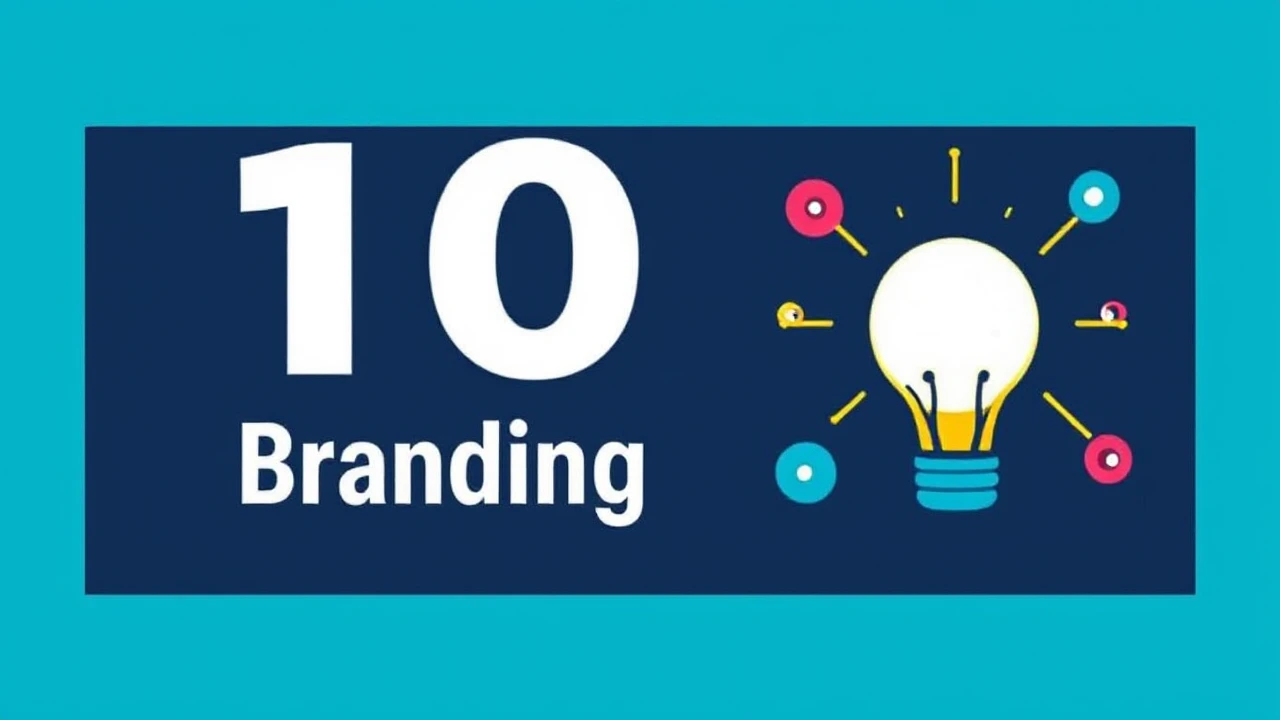
Others
Revealing Secret Bonuses in Online Casino Slot Games
Discover amazing stories and insights from our featured article.

Discover amazing stories and insights from our featured article.


 Samuel …
Samuel …

 Samuel …
Samuel …

 Samuel …
Samuel …

 By Samuel Huang
•
12 Sep 2025
By Samuel Huang
•
12 Sep 2025

 By Samuel Huang
•
12 Sep 2025
By Samuel Huang
•
12 Sep 2025



 By Samuel Huang
•
12 Sep 2025
By Samuel Huang
•
12 Sep 2025






 By Samuel Huang
•
11 Sep 2025
By Samuel Huang
•
11 Sep 2025

 By Samuel Huang
•
11 Sep 2025
By Samuel Huang
•
11 Sep 2025
 Tech
Tech
 Others
Others
 Others
Others
 Others
Others
 Others
Others

 Samuel Huang
Samuel Huang

 Samuel Huang
Samuel Huang

 Samuel Huang
Samuel Huang


 Samuel Huang
Samuel Huang

